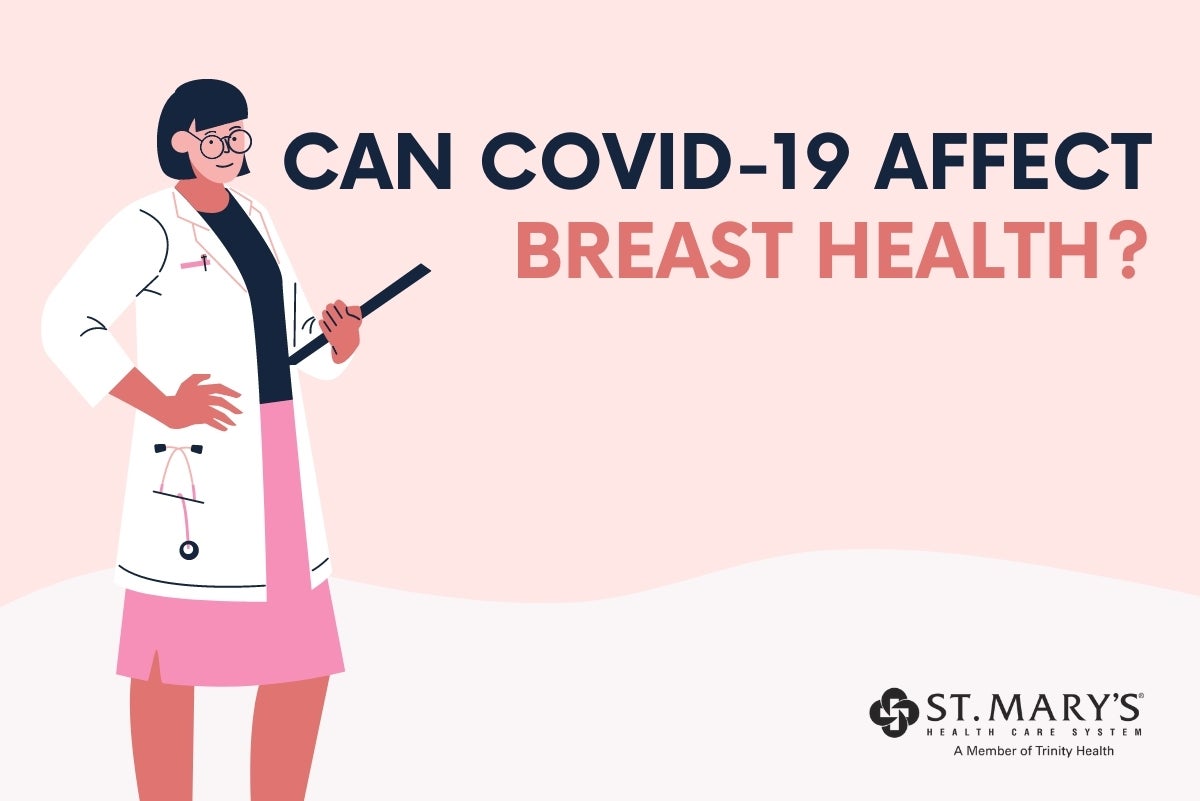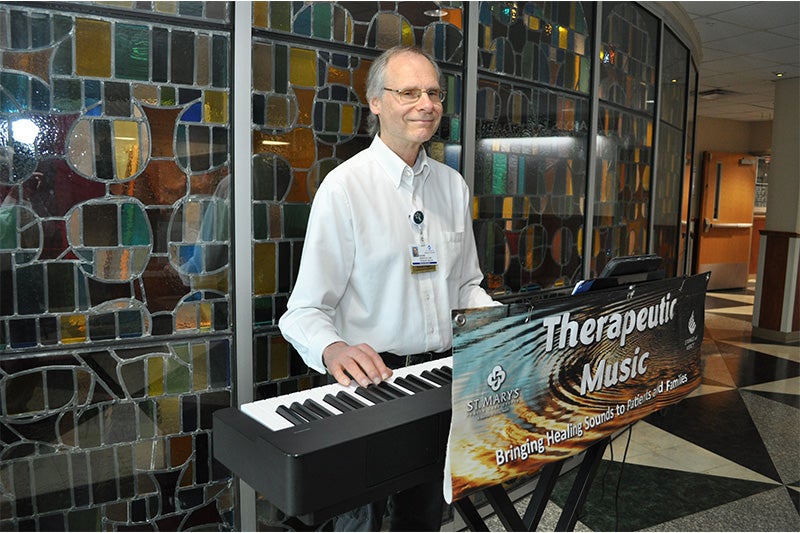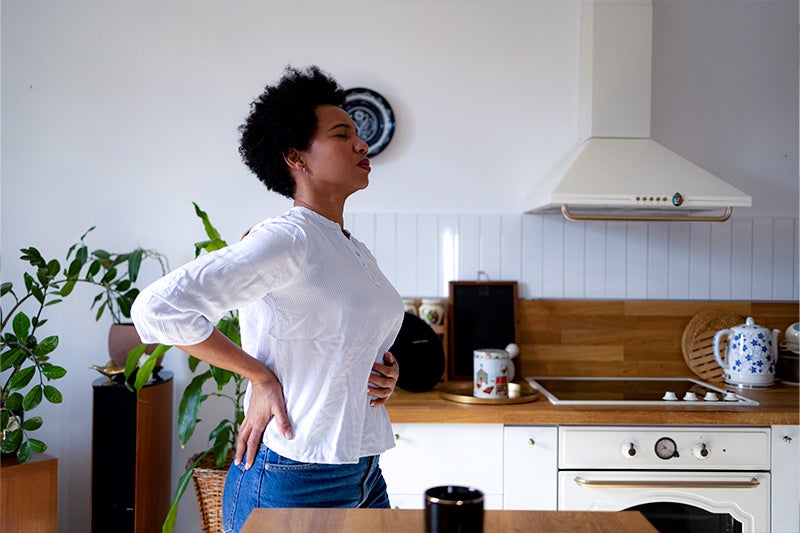As of now, we have no data to suggest that COVID-19 causes disease in the breast, but it is having an effect – it’s just that its effect is more circuitous.
The breast and COVID-19.... Really? It has become clear over the past year of this pandemic that COVID-19 has affected many aspects of the human condition. Regarding the breast, this impact has been slightly less direct. As of now, we have no data to suggest that COVID-19 causes disease in the breast, but it IS having an effect – it’s just that its effect is more circuitous.
Delayed screening due to COVID-19
First, we know that many people during shutdown and quarantine were unwilling or unable to keep up with their screening test mammograms. In March 2020, the American Society of Breast Surgeons and the American College of Radiology jointly recommended delay of all screening exams -- including mammogram, ultrasound and MRI -- to be effective immediately. This was out of an abundance of caution and necessity. It has been speculated that, as testing returns to normal, we will identify breast cancer at more advanced stages due of delayed screening and diagnostic studies. This in and of itself is, obviously, yet another major impact of COVID-19.
The COVID-19 vaccine and mammographic screening
The next issue regarding its impact on the breast is based on prevention: the vaccine. We now are about a couple of months into giving the vaccine. Because it has rolled out quickly, we are also in a short time frame learning about complications related to it. One of those has been yet again determined to impact mammographic screening. Many patients following the vaccine have been noted to have developed axillary adenopathy, which is enlargement of lymph nodes in and near the armpits. Typically, when a patient is identified to have axillary adenopathy at the time of a screening mammogram, a diagnostic study would likely be recommended.
This diagnostic study is recommended because although axillary adenopathy is often benign, breast cancers can also cause it. We know this adenopathy, if truly related to the vaccine, is transient and will resolve in a few weeks. So, do we ignore it when patients undergo screens and are found to have lymphadenopathy? How do we determine if it is related to the vaccine or truly part of a breast disease process? The answer is, we don’t know unless it goes away quickly. Do we pursue it with further testing, which is not only costly but also anxiety-provoking, or do we provide reassurance alone? If the latter option is chosen, a health care provider needs to follow up on those patients to determine that it is truly a benign condition induced by the vaccine.
Current mammogram guidelines
As a result of these factors, guidelines are being formulated. The recommendations have been to not perform screening within a certain timeframe of the vaccine’s first and second doses. The Society of Breast Imaging is currently recommending getting a mammogram either before the first shot or waiting at least 4 to 6 weeks after the second shot. While 4-6 weeks may not impact breast cancer patient outcomes significantly, oftentimes patients will delay tests further if they get distracted by other issues. Of course, if a patient is having breast issues, we will be forced to further evaluate adenopathy that may be related to a vaccine and not the breast. The dilemma becomes apparent as we try to resume proper care for patients during a pandemic.
Ultimately the way we handle these things is going to depend on regional differences in COVID-19 for each institution and provider. I suspect as we look back at this time, we will have better data on how these guidelines have truly impacted breast cancer. For now, we need to balance the line between reducing risk to patients and others while continuing to avoid compromising patient outcomes. The best thing a patient can do is actively involve themselves in the discussion with their health care provider.
St. Mary’s has resumed screening mammography
St. Mary’s has resumed screening mammography at all four of our mammography locations, and we take safety measures seriously to prevent the spread of COVID-19. Please talk to your primary care physician about scheduling your mammogram, or schedule your mammogram online, being sure to schedule it before your first COVID-19 shot or 4-6 weeks after your second COVID-19 shot.

About Kathleen Jeffery, M.D.
Dr. Jeffery comes to St. Mary's from Greenwood, S.C., where she served as medical director of the Breast Center at Self Regional Healthcare and as a partner in Advanced Surgical Associates. Previously, she practiced with Summit Surgical in Dahlonega, Ga., and was an assistant professor of surgery with the Medical College of Georgia in Augusta.
Dr. Jeffery is now accepting patient appointments. A referral from a primary care physician may be required under some insurance plans. As part of St. Mary's Medical Group, AGCS accepts most major insurance plans and Medicare. Please contact your insurance provider for more information regarding your specific plan requirements for a specialist referral.



